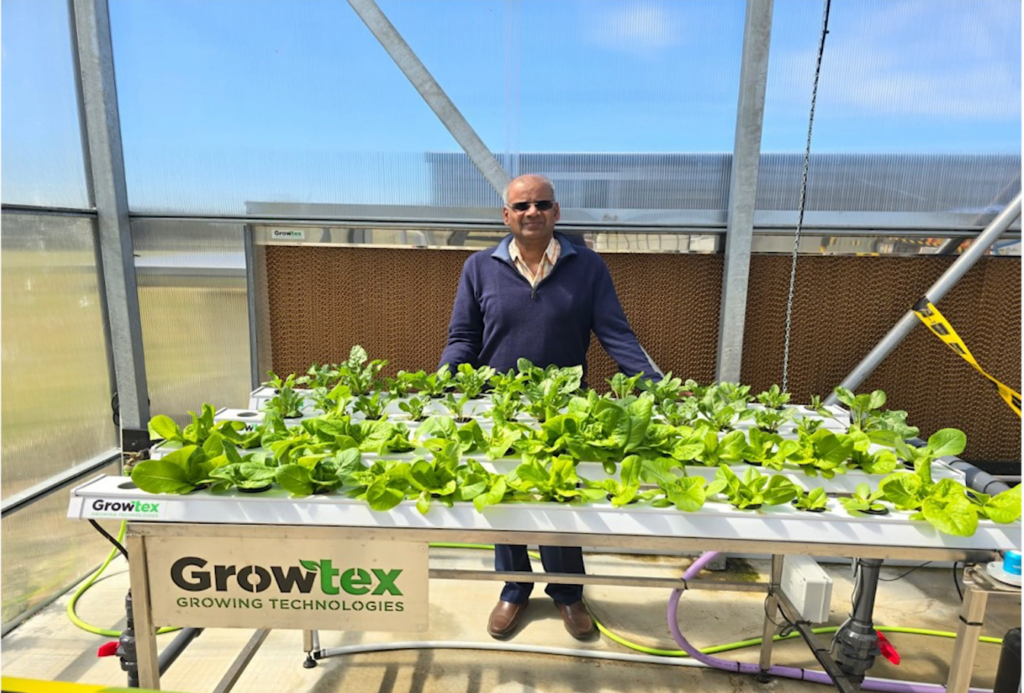Water scarcity, nutrient depletion, and pollution are major global challenges, expected to intensify with urban population growth. These issues underscore the urgent need for sustainable waste management that not only protects the environment but also benefits society through nutrient recovery for food production. Utilizing urban wastewater for agricultural irrigation offers a promising solution, especially by recycling essential nutrients like nitrogen and phosphorus critical for crop growth.
Hydroponic systems—an increasingly popular form of soilless agriculture—show significant potential for sustainable urban farming, particularly in water-scarce regions like Australia. However, the presence of persistent organic pollutants in wastewater, including PFAS, poses a challenge to sustainable hydroponics. This research aims to quantify and characterize POPs in recycled wastewater used in hydroponic systems, assessing their impact on plant health, growth, and productivity. Key objectives include evaluating the effects of POPs on crops, monitoring water and energy use in hydroponic tomato cultivation, and optimizing nutrient efficiency to enhance yield.
The methodology involves sampling wastewater from treatment plants, analyzing POP levels, and testing their effects in a controlled hydroponic system. An economic analysis will assess the feasibility of these systems for sustainable urban agriculture.
Aligned with SDGs 6 and 12, this research promotes water recycling and nutrient efficiency. Expected outcomes include a 30% reduction in water usage and a 20% improvement in nutrient efficiency, enhancing urban food security and supporting sustainable agricultural practices.
